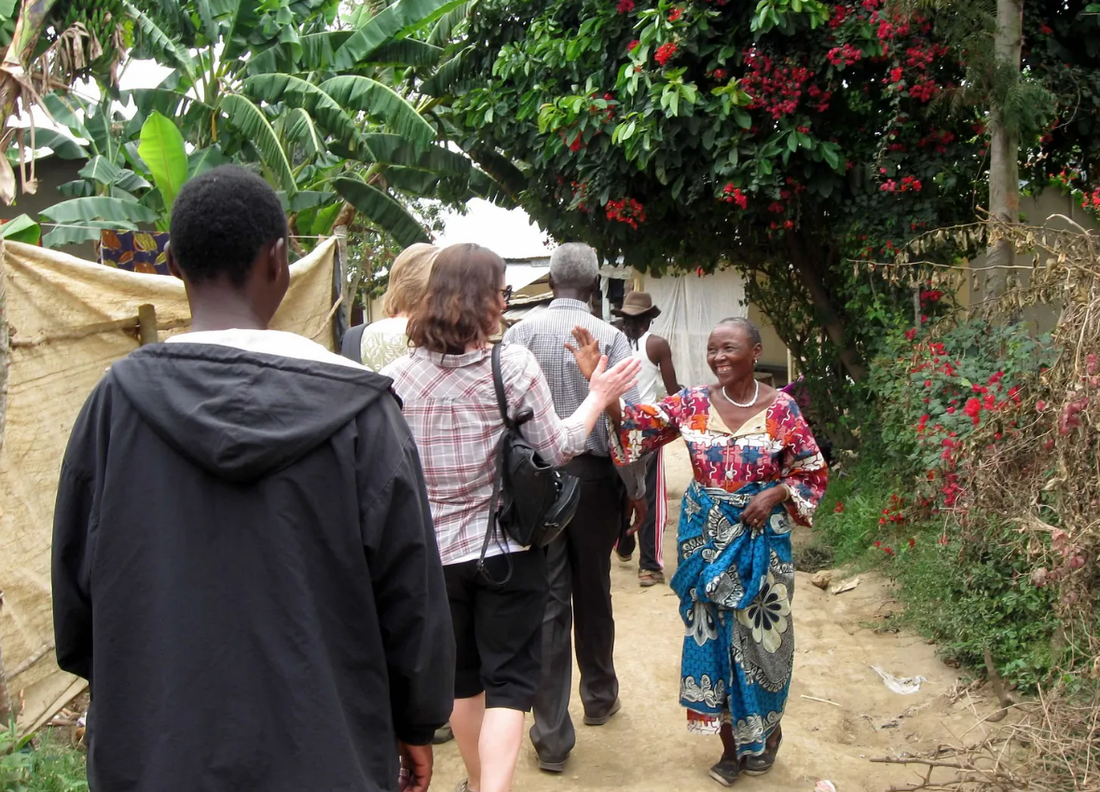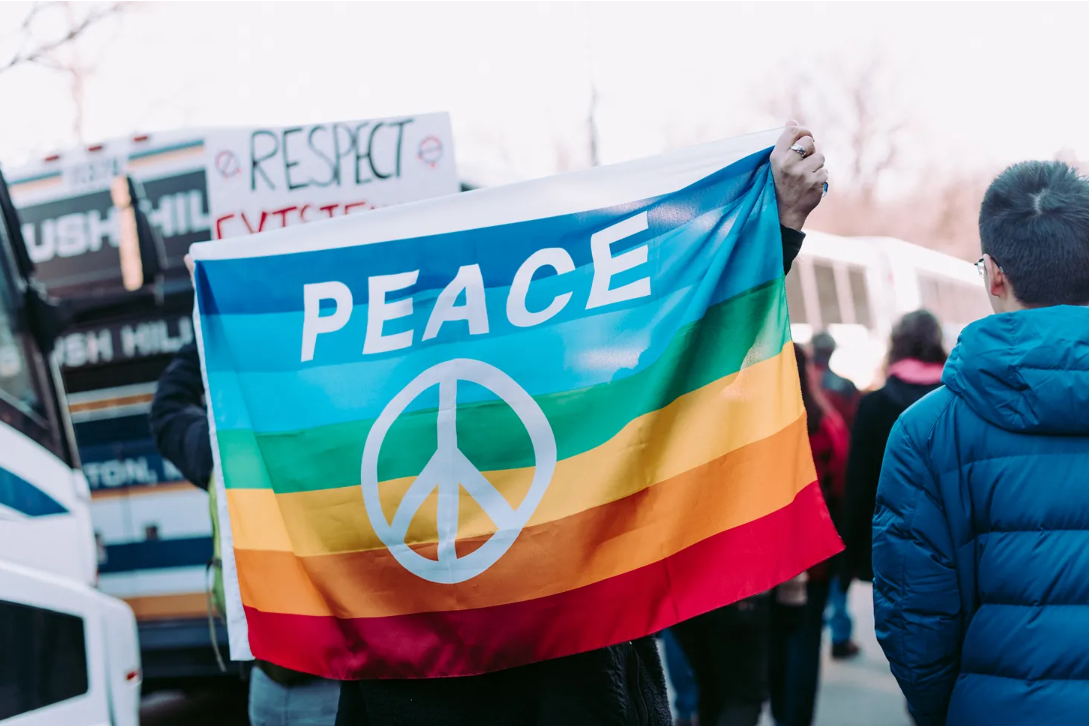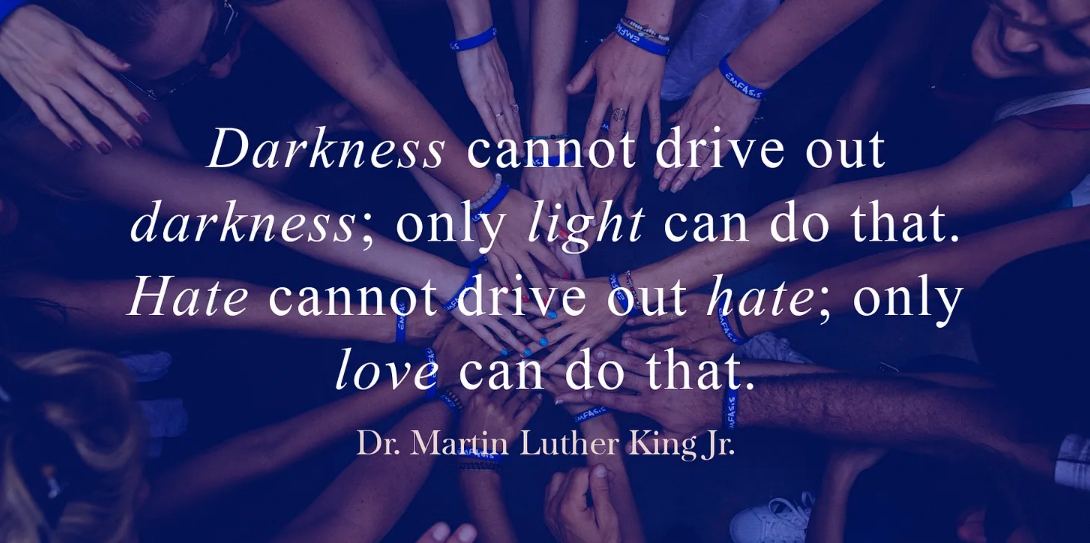|
I think we all want a world free of school shootings, terrorism, discrimination, and dangerous silos that perpetuate the illusion of division. In order to dream into existence a world that not only talks about but actually provides belonging and inclusion for all people, we need to re-evaluate our own actions and what we are teaching our children. We must ask ourselves, is our behavior creating a more compassionate, loving, and peaceful world free of discrimination of any kind? Here are some suggestions for embodying true inclusion and equity as parents or adult members of the community: Have a no tolerance rule for name-calling, starting by exemplifying this yourself. “Brandon,” “Karen,” “Trumper,” “Anti-Vaxxer,” “Vaxxer,” “Bully,” “Idiot”… I can’t even keep up with all of the new ways to model hate and unbelonging in this country. Do you unknowingly participate in otherizing by using these terms yourself or cheering on people who do? Stop and ask yourself what name-calling does…How does it feel to be on the receiving end of name calling? Maybe you experienced it on the playground as a child. Did you then want to have a conversation with the person who made fun of you and become friends or did it make you want to dislike them even more? When you witness otherizing and name-calling in the news, from political leaders, or at your child’s school, point it out and have a discussion around it with your kids. Ask them how it might feel if they were on the receiving end of the exclusion and stereotyping. Ask them to imagine another way to solve the underlying problem that led to the name-calling in the first place. Ask them to wonder what the problem or problems might be. Get to know your neighbors, all of them. Don’t use bumper stickers on someone’s car or a lawn sign as an indicator of who they are as humans. If we did that, we might not speak to anyone, or we might not be challenged to think differently. Reviving a true sense of community is desperately needed in this world. Don’t talk in terms of good vs. evil. Nothing in life is as black and white as that. There are no purely evil or purely good people. After watching a movie or reading a book with your kids ask what they noticed about the antagonist’s story. Could they empathize with anything? Invite them to wonder. If the story didn’t allow for a nuanced character at all, ask them if they think there are “bad guys” like that in real life? Model self-compassion. How often do you criticize yourself or call yourself names for not reaching a goal or making a mistake? Show your kids that forgiveness, empathy, and understanding are high priorities in your life. Model an interest in other cultures, ideas that differ from your own belief systems, ways of being, or religions. Do this by diversifying your friend group, inviting the newcomers to your community or school over for tea, traveling outside your region or country if you can, and challenging yourself to be open to learning about ideas and ways of life that seem foreign to you. Read stories to your kids about regular people from all around the world. It does not and should not always have to be an underdog story or a story of oppression. Let them see diverse people, living their lives, and how they can relate. A good way to find these books is by looking for the hashtag #ownvoices. Watch travel shows or series from other countries, ask them to notice differences and similarities and wonder what it would be like to grow up in that country. Walk through the world with humility for what you don’t know and a curiosity for other’s deeply held beliefs even if you don’t share the same views. Be proud of free speech. Tell your kids that people protesting demonstrates that they are passionate about whatever the topic is and we are lucky to live in a country where we are allowed to and encouraged to express ourselves in this way. Show respect, even if there are a few among the masses who are not doing a great job of showing respect themselves. As the saying goes, “hurt people, hurt people.” Dr. Martin Luther King Jr. left us a legacy of leading with love. His non-violent protests and standing up for what he knew in his heart to be wrong did not otherize. He did not name-call or silo people. Dr. King wanted us to realize that we are all brothers and sisters. It’s easy to slip out of this mindset and start seeing people who you feel are impeding social progress as people who are not worthy of belonging. Do not fall into this trap. We will not have progress if we can’t see our shared humanity. My favorite book of 2021 was SEE NO STRANGER: A Memoir and Manifesto of Revolutionary Love. Valarie Kaur lends us the possibility of a world where we look upon every stranger with wonder saying, “you are a part of me I do not yet know.” What would that world look like? What would it feel like? I don’t know about you, but I would love to experience a world in which we all feel like we belong. A world that offers opportunity to repair harm. A world that sets loving boundaries and gives equal opportunity to all beings. A world where we can dream and work together towards a sustainable and loving existence for all.
0 Comments
Leave a Reply. |



 RSS Feed
RSS Feed